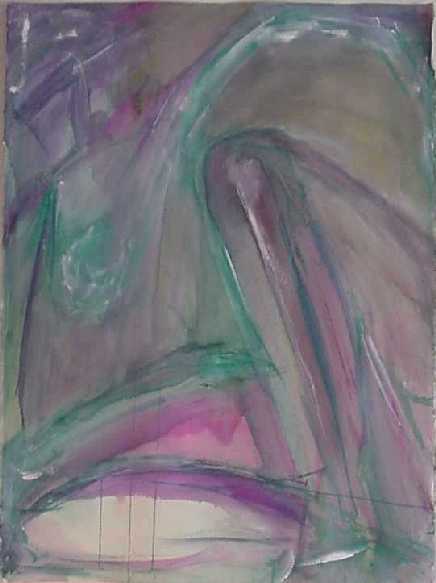 Sybil 1998 |
Gospel text
John 10: 27-30 My sheep hear my voice, because I know them. They follow me, 28 and I give them an endless life, so that they will never perish and no one will be able to snatch them from my hand. 29 My Father who gave them to me is greater than all, and no one is able to snatch them from my Father's hand. 30 The Father and I are one. |
Studies |
 So many words! Which one to listen to? |
Gospel commentary - Homily If you are like me, the Gospel of this Sunday is terribly difficult to grasp: beyond the beauty of the images on the shepherd who gives eternal life to his sheep who listen to his voice and which no one can snatch from his hand, you realize that the meaning of words like "eternal life", "listening to your voice" is not at all obvious if you accept that these words are not reduced to talking about life after death or to a call launched to listen to the Pope and the bishops, supposed to represent Jesus on this earth. Likewise, when Jesus affirms that the Father and he are one, is there only an affirmation on his divinity, so that one could say, "So much the better for him!" In this last affirmation, is there not a reality which concerns us intimately? We live in a world where the means of communication have become extremely powerful and pervasive: newspapers, magazine, radio, television and the Internet are added to what is transmitted to us by our group of relatives, friends and work colleagues. It means that we hear a lot of voices telling us that this or that is important, that we should do this or do that. We have never seen such a diversity of words. Are we surprised to see so many people "mixed up" today? What makes you listen to one voice rather than another? One day, at the height of the charismatic movement, while I was in a small paper mills town by the St. Lawrence river, a young woman came to me in tears: she found herself with nothing and became aware of the stupidity of what she had just done, after having left her job in a small regional town at the request of someone from her prayer group claiming to have the gift of prophecy and proclaiming that she was called to the paper mills town. She had not listened to the whisper of her deep being and the so-called prophet did not know her. When desperate young Muslims accept a mullah's call to become a human bomb in good faith, do you think they are listening to the right voice? Even voices with religious varnish can be destructive. A voice that matches what we really are and awakens us to our greatness, this is the voice of which the Gospel of this day speaks. And let's not believe that this voice is external to us. It is first rooted in the depths of our being, and if we do not know how to listen to it, we will be tossed about by all fashions and all charlatans. When a mother hears her child's cry, that voice is easy to pay attention to. But in the tidal movement of our lives, the challenge is much greater. What makes a Jacqueline, a psychologist by training in the Montreal region, find herself responsible for building a school for the Tuaregs in the Nigerian Sahara, after having made a trip to Africa with her husband and become friend with his Touareg guide? What she saw and heard touched this flame that inhabited her and which really represented what she was. We can say the same thing of a man or a woman who will never travel, but will find in their family this call which will bring them to their limit. In all cases, we find this joy and this peace which is the sign of the call of the good shepherd. Are we far from the evangelist John by these remarks which one could judge profane? Not at all. When he writes these lines, several years after the death of Jesus and his entry into another life and having constantly meditated on the meaning of a life with Jesus, he discovers that it is not necessary to seek him in remote space, outside of us, because it's inside us that we can find his echo, because we are now part of him. And it is only to the extent that we can hear this inner voice that is unique to us that we will be able to discern the good and bad shepherds of our world. When we die, only what is really us, called "eternal life" by John, will remain for eternity: for everything that is not us will have to die. Because this life truly reflects us and comes from God, no one can snatch it from us. The evangelist goes even further: by becoming deeply ourselves, with all the characteristics of our personal history, our face begins to resemble that of Jesus, and God himself. This is the mystery he reveals to us: to become ourselves is, all things considered, to become God. Are we aware of it?
-André Gilbert, Gatineau, February 2007 |
Themes |